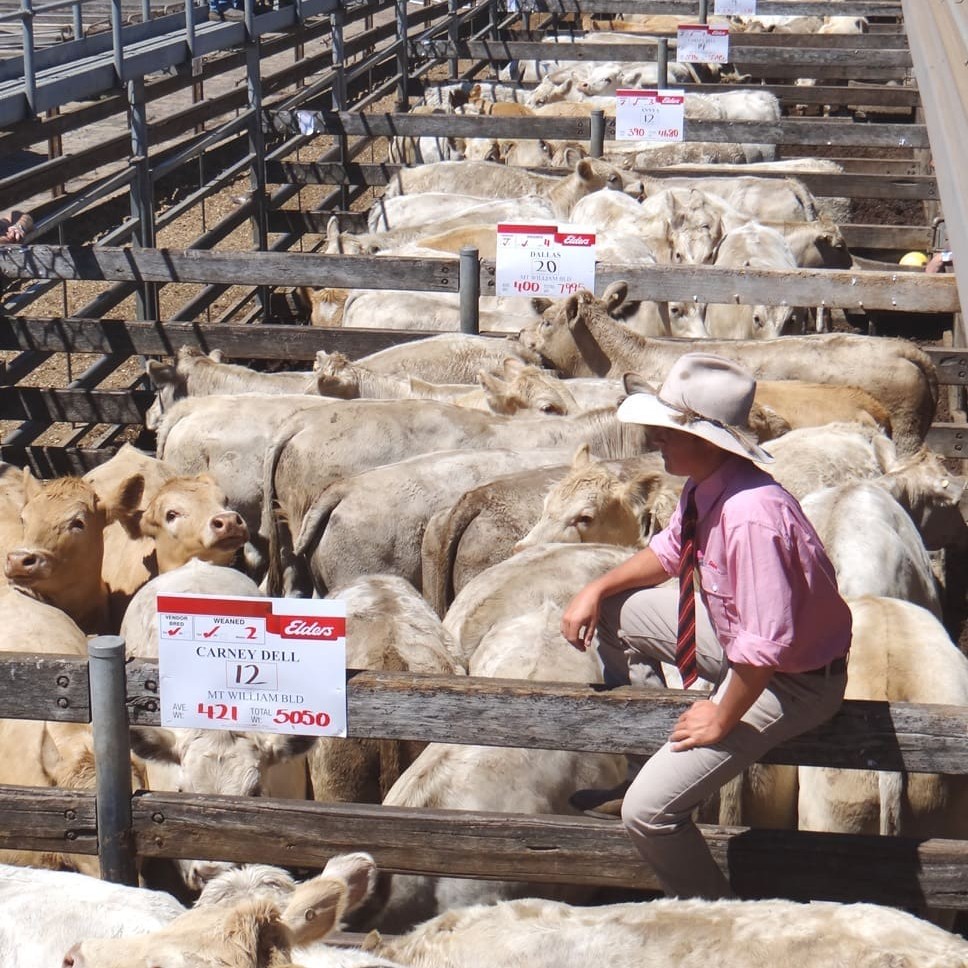Latest listings on our Jobs Central recruitment page:
- Stud Overseer (Fort Constantine) – Stanbroke
- Butcher’s Position (Knights Meats, Wagga)
- Head Stockpersons (S. Kidman & Co)
- Chairman – AUS-MEAT Ltd
- Station Cook (Kamilaroi) – Stanbroke
- Sales Manager – Universal Live Export (Elders International)
- Acting Chief Executive – AMPC (Rimfire Resources client)
- Sales Manager – North Australian Cattle Co (Elders International)
- Production & Livestock Coordinator (AA Co)
- Cattle Station Manager – Alice Springs area (McLelland Rural client)
To access Jobs Central page, including full listings and job descriptions, click here.
 When it comes to writing a CV, what the job seeker leaves out is just as important as what they put in.
When it comes to writing a CV, what the job seeker leaves out is just as important as what they put in.
With that in mind, and from AWX’s past experience, we’ve compiled a short list of what NOT to put in your CV:
NO information that isn't relevant
It's important to keep your CV as succinct as possible, and only include facts and figures that are 100 percent relevant to the role and job you're applying for.
That means any unrelated work experience or achievements, hobbies and personal information such as your age, marital status or religion does not necessarily need to be there.
NO stock words or phrases
The majority of CVs will contain words such as "team player" and "hard worker", which means employers are likely to skim over them – and potentially you. Instead, it's better to describe what makes you a "team player" or "hard worker".
AWX director Cameron Dart suggests job seekers should avoid the word ‘try’ in their CV. “It shows you are casual and lacking in passionate, two characteristics you definitely don't want to be associated with,” he said.
NO photographs
While this might be something to consider if you're applying for a job in customer service, attaching a photograph to your CV is usually not appropriate. If you include one, you risk being judged by an employer on the way you look, rather than your skills.
There's always the chance an employer will look for you on social media platforms, however – so make sure your display pictures on LinkedIn, Facebook and Twitter are professional and the best representation of you as an employee.
Click here for some tips from us from our previous recruitment article on how to leverage LinkedIn as job search tool.
NO mistakes
This may seem obvious, but it's surprising how easily (and often) spelling and grammatical errors creep into a CV. So, make sure you check and double-check your CV. It could also be a good idea to have a friend or family member look over it.
NO lying or misleading information
Obviously, you have to describe yourself in the best possible light. This often means adding a little 'sparkle' to your CV. But avoid the temptation to go too far.
Employers are not stupid. They can spot information that doesn't stack up. For example, they're always on the lookout for inflated:
- Qualifications
- Salaries
- Job titles
- Achievements.
“To give yourself the best chance of your CV actually being read, make sure that it 'looks right': it's not too long; it is correctly laid-out in chronological order where you engage the reader with the most important information first; it is properly formatted and honest,” Mr Dart said.
“Your CV has to sell you. It has to make you sound interesting. It has to make you sound like you are an exceptional fit for the organisation that you are seeking to work for, and that you'll make a quick and substantial difference to the business,” he said.



HAVE YOUR SAY